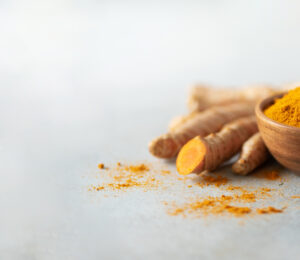6 food myths you should stop believing
In the world of social media and the constant influx of information, it is easy for myths to be misconstrued as truth, especially in the confusing and often contradicting world of nutrition. As the registered dietitian on Dr. Brandt’s advisory board, I am here to demystify 3 of the most aggravating nutrition myths.
Myth 1. Eating fat will make you fat
Fat got a bad rap based on misconstrued science surrounding the fact that fat has nine calories per gram vs. the four calories found in proteins and carbs. I will yell it from the rooftops until everyone understands that calories are NOT created equally, and eating healthy fats will not lead to weight gain. Fat actually helps activate appetite-suppressing hormones in the body, which help you stay fuller for longer and thus eat less. Different foods are digested and absorbed through different biochemical pathways. While some calories are lost as heat, others are used as energy and are essential for biological processes.
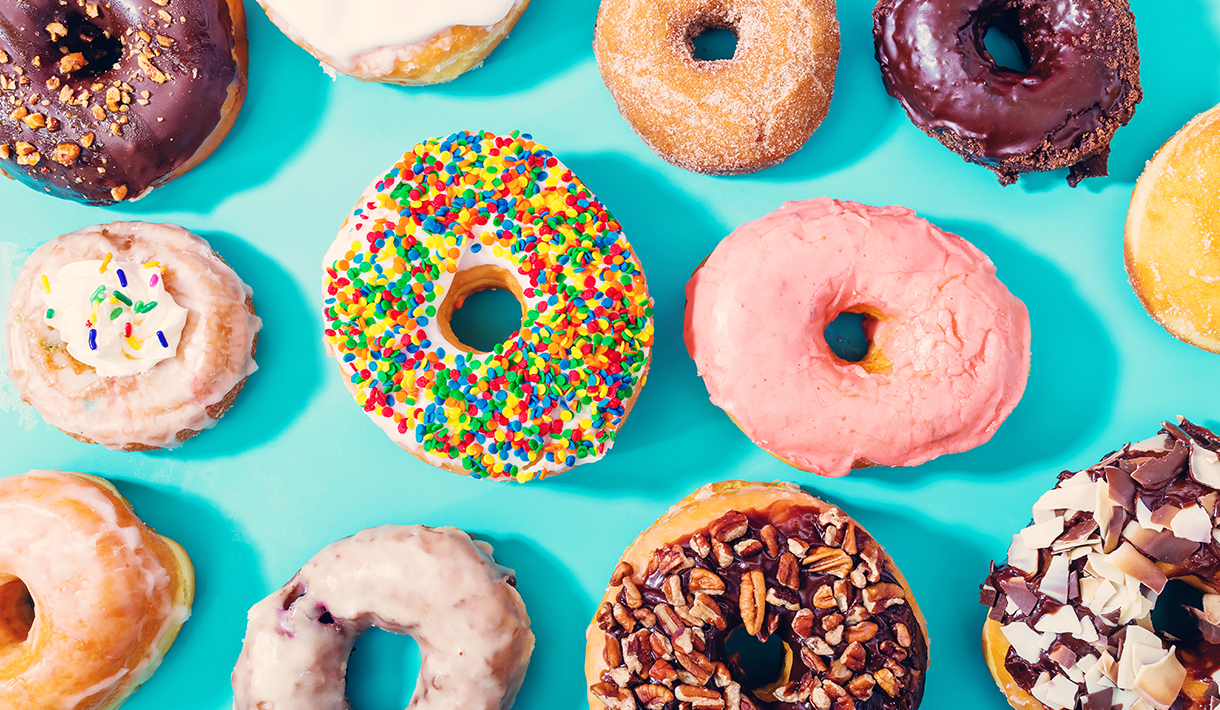
Along with brain health, fat is essential for skin health. Fat helps the skin maintain its elasticity and moisture (aka the key to looking youthful!) Processed food labeled nonfat or low fat tend to be higher in sugar and additives than the alternative. I am not saying to choose full-fat processed food, but rather limit processed foods altogether!
Now that we are all back to loving fat lets remember, not all fat is created equally. We want to stick to monounsaturated and polyunsaturated fats, omega-3, and omega-6 fatty acids. These types of “good fats” can be found in salmon, nuts, seeds, olive oil, and avocado. Some saturated fats, like coconut oil and ghee, have also proved to have abundant health benefits due to their medium-chain triglycerides. The body more readily absorbs MCT’s and uses them for fuel aiding in exercise performance, increasing lean muscle mass and weight loss.
Myth 2. Foods labeled “natural” are always healthy
Unfortunately, food companies have gotten tricky with their marketing tactics, making a product appear healthy for you, but upon closer inspection, it is really not. It’s time to empower yourself by taking a closer look at the ingredient list before trusting this sometimes misleading “natural” claim. The regulations are very lenient when it comes to food labeling. According to the USDA, the only requirement to label a food as “natural,” is that it does not contain artificial ingredients or preservatives and that the ingredients are only minimally processed. Meaning products labeled as “natural” still could contain antibiotics, growth hormones, or chemicals. In conclusion, no one in the food industry is looking out for your well-being better than you can. Check the ingredient list to see that you feel comfortable with everything on there!
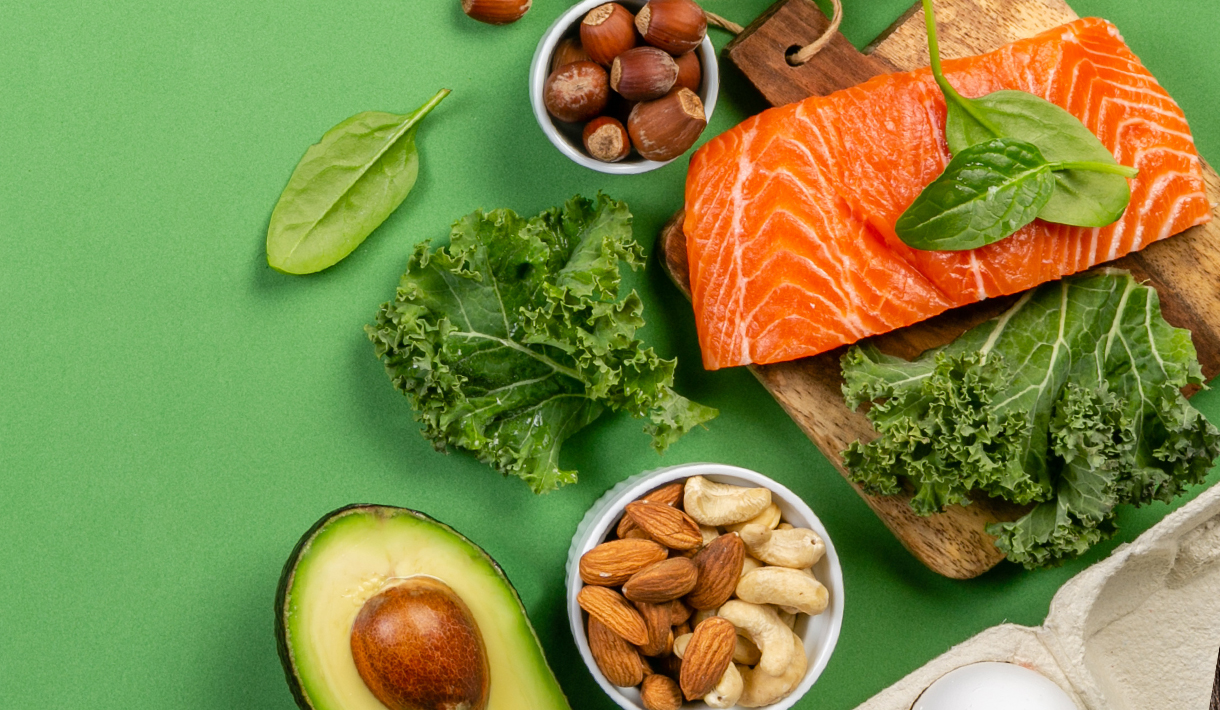
Myth 3. Milk builds strong bones
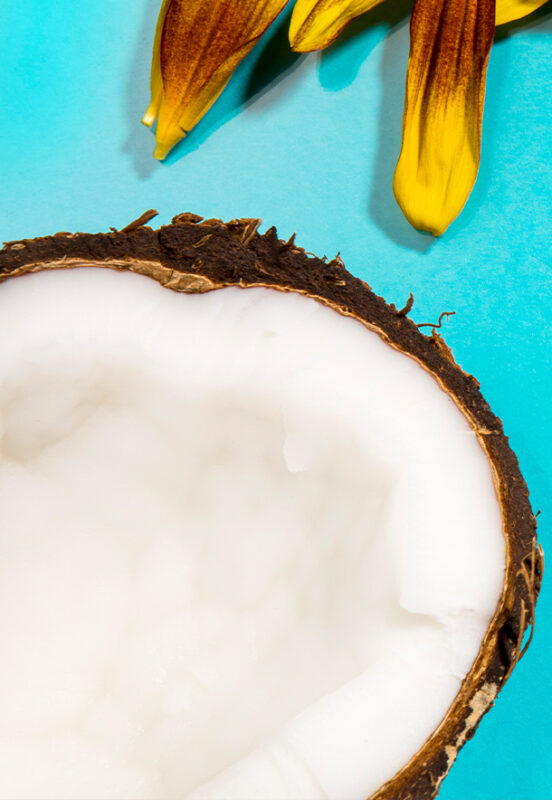
Here is another manipulative ploy by the food industry motivated not in favor of your well-being but to strengthen the dairy industry. One large scale Harvard study followed 72,000 women for 20 years and found no evidence that drinking milk prevents osteoporosis or bone fractures. Another study of 96,000 people found that the more milk men consumed as teenagers, the more fractures they experienced as adults. Beyond bones, over 60% of humans are lactose intolerant and experience gas, bloating, and discomfort after consuming dairy.
Now, let’s talk about the effect of dairy on the skin. There is significant evidence that dairy can irritate or cause acne. Cows are treated with artificial hormones to increase their milk supply. Research suggests that ingesting those hormones can throw your hormones off balance and possibly trigger acne. Other research indicates that the growth hormones naturally in milk can aggravate acne. Skim milk is actually the most likely to trigger acne as it is stripped of any healthy fats leaving just the milk sugar and lactose.
Myth 4. Skipping breakfast is a great way to lose weight
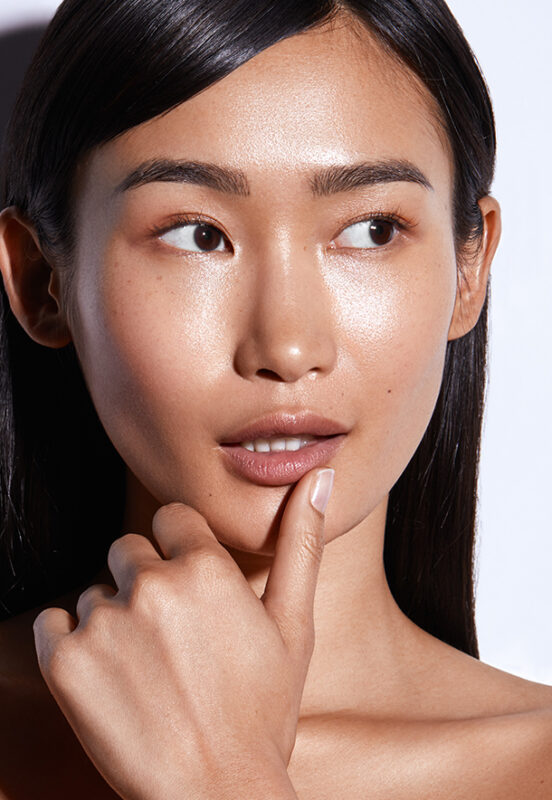
Now, let’s talk about the effect of dairy on the skin. There is significant evidence that dairy can irritate or cause acne. Cows are treated with artificial hormones to increase their milk supply. Research suggests that ingesting those hormones can throw your hormones off balance and possibly trigger acne. Other research indicates that the growth hormones naturally in milk can aggravate acne. Skim milk is actually the most likely to trigger acne as it is stripped of any healthy fats leaving just the milk sugar and lactose.
Myth 5. All carbs are bad
This is not true because all carbohydrates are not created equal. When you eat carbohydrates, they have an effect on your insulin levels. But it is the types of carbs you chose to eat and the number of carbohydrates that cause weight gain. White bread, rice, refined sugars, and pasta’s, for example, contain carbohydrates and make glucose levels quickly rise. Instead chose good carbs containing more fiber like whole-grain pasta, rice, beans, and fresh fruits. These foods raise blood sugar levels more slowly. Sticking to 1 cup of good carbohydrates per meal is a good rule of thumb.
Myth 6. Eating gluten can make you sick
The term “gluten-free” has been popular for a long time now but is it bad for everyone? For those that suffer from some autoimmune diseases, celiac disease, or gluten intolerance, you should not eat foods containing gluten. Many others give up gluten because they believe that they can lose weight. But results are inconclusive, and it’s unclear whether everyone should change their eating habits.








